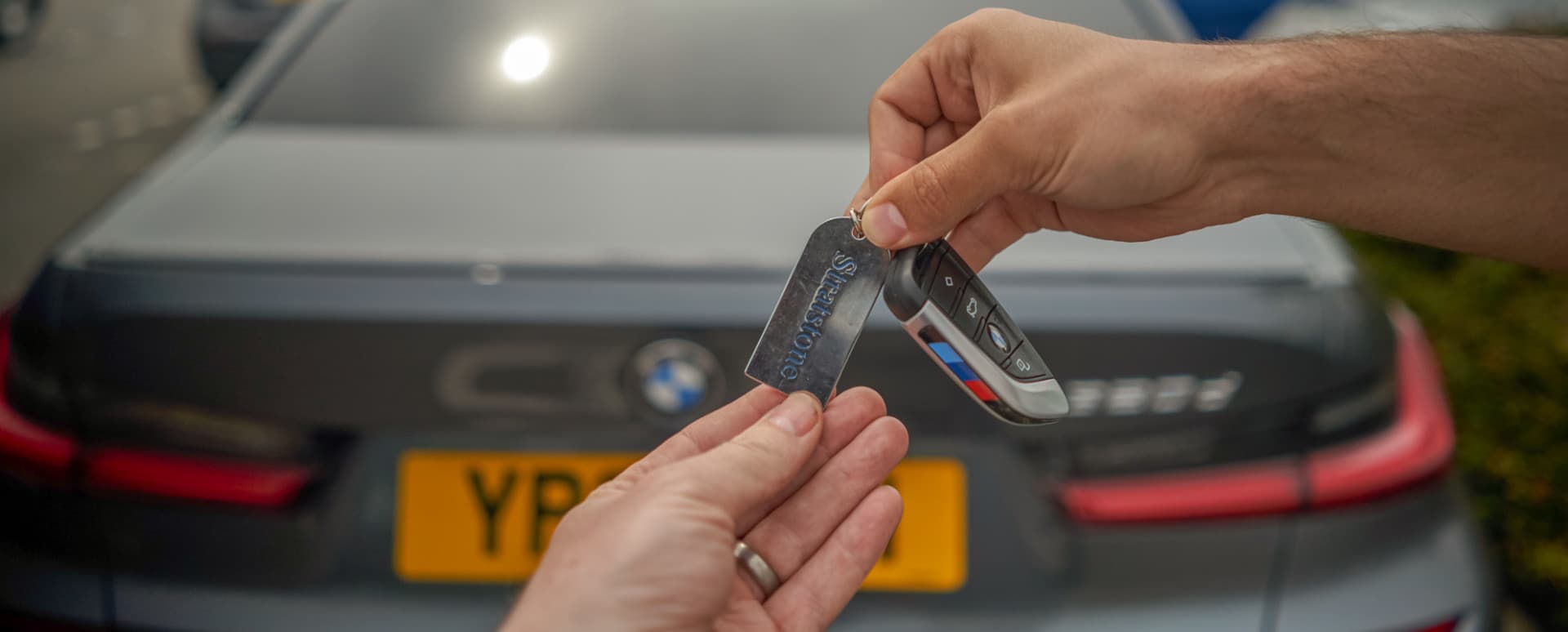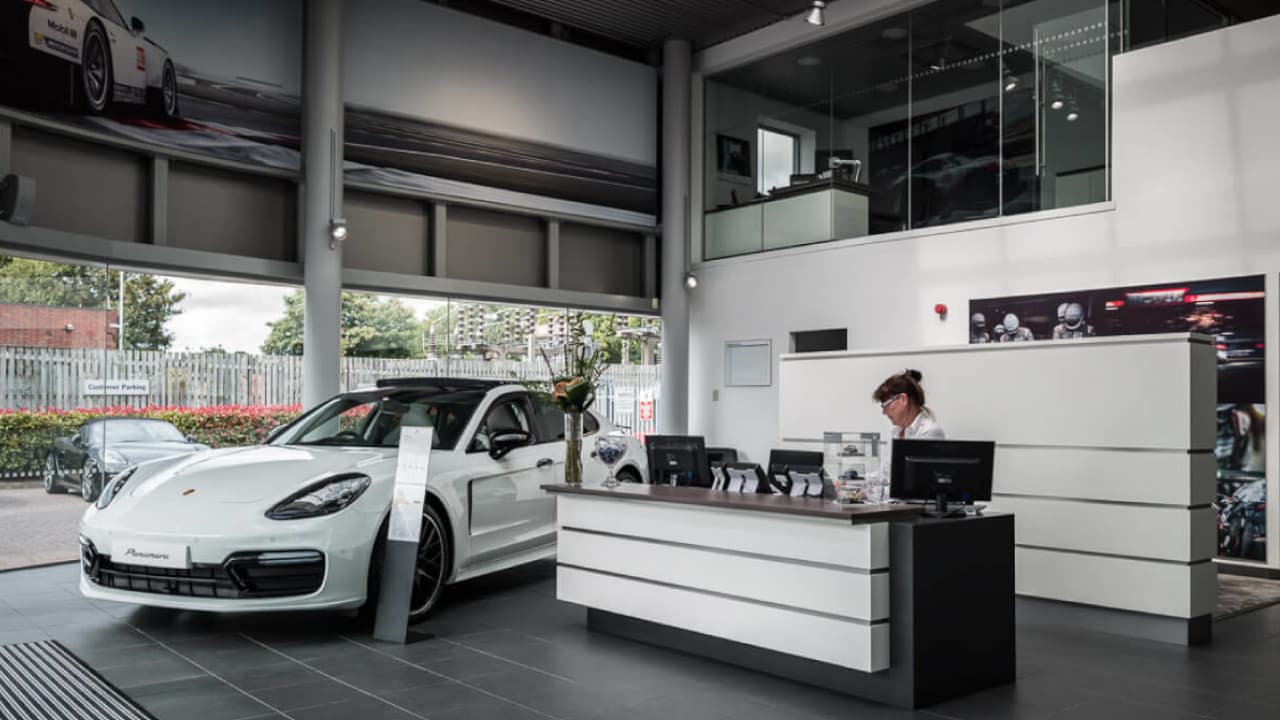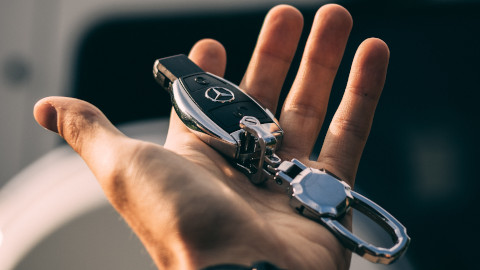Can I Sell a Financed Car?
02nd Jun 2021
This article originally appeared on Evans Halshaw.
Can I sell a car with outstanding finance?
So, you have a car on finance, however, you would like to upgrade early or you are struggling financially to afford the monthly payments.
Finance agreements are wordy documents that can be very confusing, with the use of financial jargon. But do not give up hope as there are ways you can settle the outstanding finance to enable you to sell the car and Stratstone can help you with this process.
We are happy to buy your car even if you have outstanding finance and we will take away any hassle. Our buying assistants can arrange the settlement of your current agreement and will guide you through the process. The settlement amount will be deducted from the amount paid to you for the car.
How do I sell a car with outstanding finance?
Before you can do anything, whether you have a car on Hire Purchase (HP) or Personal Contract Purchase (PCP), you will need to find out your car's settlement figure in order to settle your contract early.
This figure is the total amount you will need to pay your lender to terminate your contract to end the finance agreement and will include any fees. Lenders are required, by law, to provide the settlement figure within 12 days of the request and you should request this figure in writing.
With HP or PCP finance agreements, you are unable to sell the car privately whilst you have outstanding finance as the lender is the owner of the car until you have repaid the finance agreement or paid the settlement figure in full. It is actually illegal to sell the vehicle to a private buyer without informing them of the outstanding finance and can result in you being sued for fraud.
Hire Purchase (HP)
If you have a car on hire purchase (HP), the lender remains the owner until the finance is settled or all payments have been made. Once you have obtained the settlement figure and paid it off, within a set period of time, the car will be yours to sell.
Finance agreements vary significantly, therefore it is important to thoroughly check your paperwork to find out the terms and conditions of your particular contract. If you try to leave your agreement earlier than six months this may have a negative impact on your credit rating, which can make obtaining credit difficult in the future.
Personal Contract Purchase (PCP)
If you have a car on personal contract purchase (PCP) you can end the contract early through settling your outstanding finance amount as long as you have paid over half of the total finance amount, including interest and fees, to the lender. Due to the final balloon payment, it is unlikely that you will have paid 50 percent by the mid-point of the contract.
Do not worry if you have not paid over half, you can still end the finance agreement early, however, you will need to pay the difference. If you have paid significantly more than half you will not receive a refund.
You are unable to sell the car until you have repaid the PCP agreement or paid a settlement figure. Like with HP, the settlement figure may include additional charges, such as an early exit fee. Another option is paying off the agreement early and once the agreement figure is paid the car will be yours to sell.
Swap or part exchange your car to settle the finance
Swapping or part exchanging your car is a simple way of settling the finance on your existing car and is a great option if you are wanting to upgrade your car early. Stratstone is able to help you with this process.
You will need to get a valuation for your car, which is simple with our Sell Your Car tool. Once you have the valuation figure you will be able to work out whether you are in positive or negative equity by subtracting the finance settlement figure from your car's valuation price.
Basically, if this equals a positive figure you are in positive equity and can use this amount of money as a part exchange for your next car. However, if the figure is negative, you are in negative equity and will need to pay that figure on top of your new car's price.
Find your next car at Stratstone
Now you are aware of the various options for getting out of your finance agreement early, whether you decide to sell your car or return it to the lender, Stratstone can help.
We can also be of assistance if you are looking to upgrade your car or if you are looking for a cheaper used car to buy outright.
Not only do we have some fantastic offers across our new car range we also have an extensive collection of used cars for you to browse.
If you would like to take a car for a test drive or speak to our friendly and helpful sales team, please contact your preferred Stratstone retailer.









